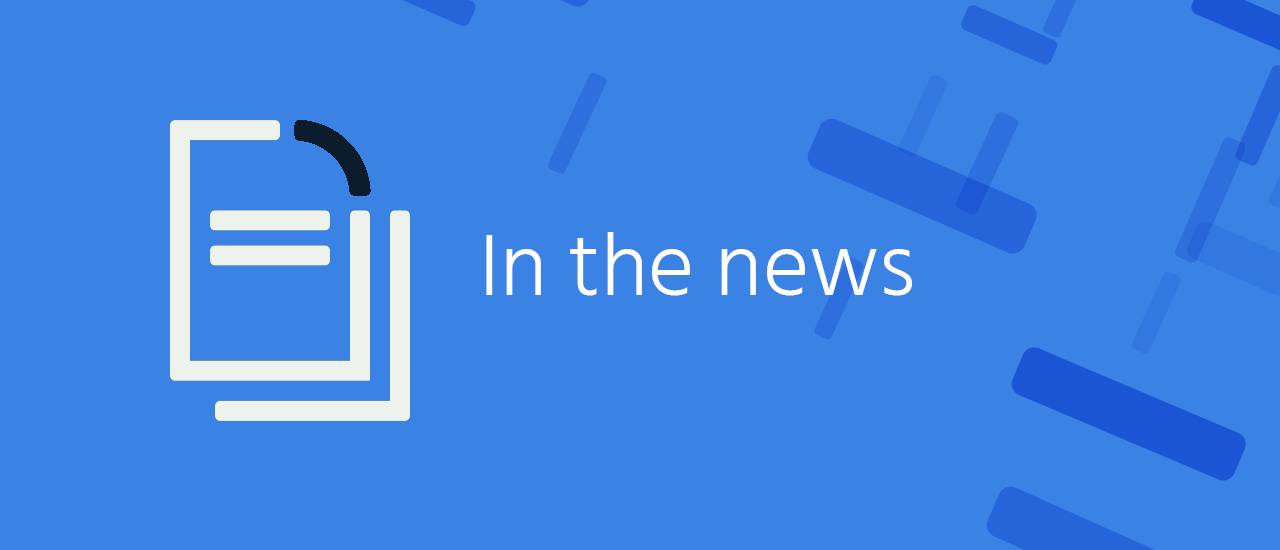A locked-down Internet: Iran is moving forward with a proposed law “to curb access to the Internet, invade users’ privacy, infringe net neutrality, and suppress freedom of speech,” Slate says. Although Iran already bans services like YouTube, Facebook, and Twitter, the law would create “a blanket ban” against all international services unless the services agreed to collaborate with the state in surveillance and censorship operations.
Private pictures: Many Apple employees are raising concerns about the company’s plan to scan photos uploaded from U.S.-based Apple devices to iCloud for child exploitation images, Reuters reports. Some employees worry that repressive governments will exploit Apple’s scanning technology for their own purposes. Others are concerned that Apple is damaging its reputation for protecting privacy.
More app choices: A group of U.S. senators has introduced a bill intended to bring more competition to Google and Apple in the app store market, CNBC reports. The Open App Markets Act would, among other things, prohibit Apple and Google from requiring developers to use their in-app payment systems.
Returning the booty: Hackers who made off with about US$613 million worth of bitcoin and Ethereum from Poly Network, a decentralized finance platform, have returned about a third of the cryptocurrency, the Independent reports. A person claiming to be one of the hackers said they did it “for fun” and wanted to “expose the vulnerability” before others could use it.
Closing the divide: The Regulatory Review looks at the ways that municipal broadband networks are providing service in areas that are otherwise underserved. While some municipal broadband projects have failed because of high costs, the option is gaining support in parts of the U.S. One success story is in Chattanooga, Tennessee. Its municipal broadband project is tied to the creation of nearly 10,000 jobs in the area and has attracted several tech firms to the city.
